
Small Change
Why Business Won't Save the World
Recommendation
Popular wisdom says that nonprofit entities could achieve reform and efficiency best by acting like for-profits, and that being businesslike is the finest all-purpose path for organizations addressing the world’s problems. Social activist Michael Edwards disagrees. In this thoughtful, articulate argument, he enumerates – without ever slipping into polemic – the pitfalls in that line of thinking. He explains how nonprofits develop their own methods, and how vulnerable their processes are to inflexible thinking. He discusses with clarity and rigor the likely role business tactics could play in solving pressing issues, and he examines how capitalism and philanthropy do and do not work together. At first, this fascinating discussion seems contrarian, but it gains common sense as it goes along. getAbstract highly recommends this book to those who want to know how capitalism and philanthropy unite, to those who are interested in changing the world (or even the street) and, of course, to anyone with billions who wants to shift the social dynamic.
Summary
About the Author
Michael Edwards, a writer and activist, works with the think tank Demos and the Wagner School of Public Service at New York University.








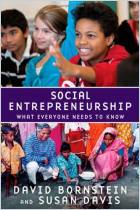
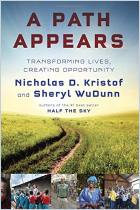
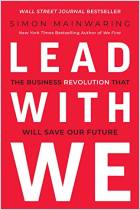
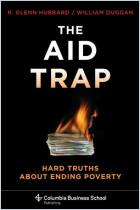
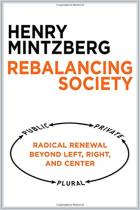






Comment on this summary or Comenzar discusión